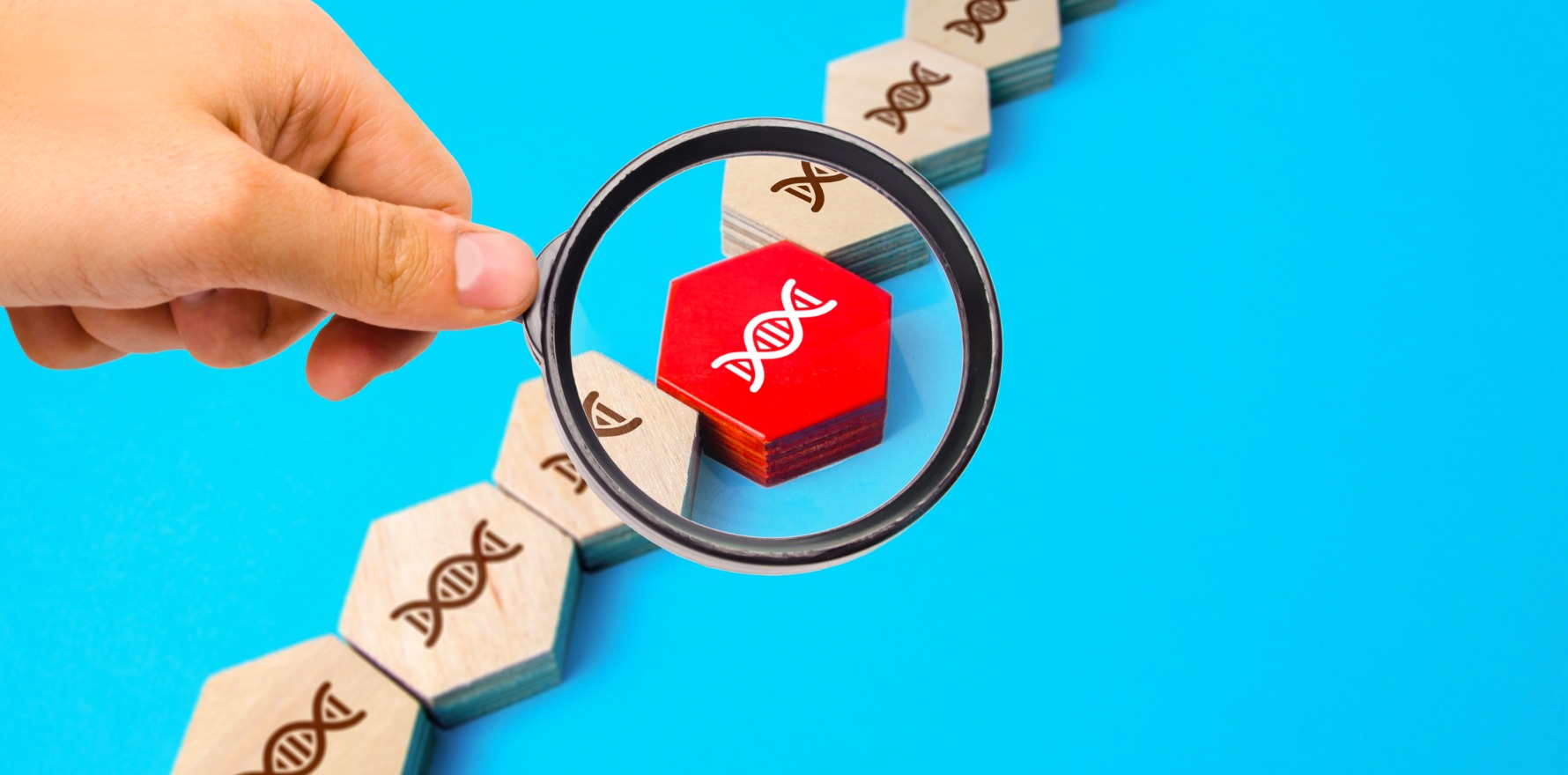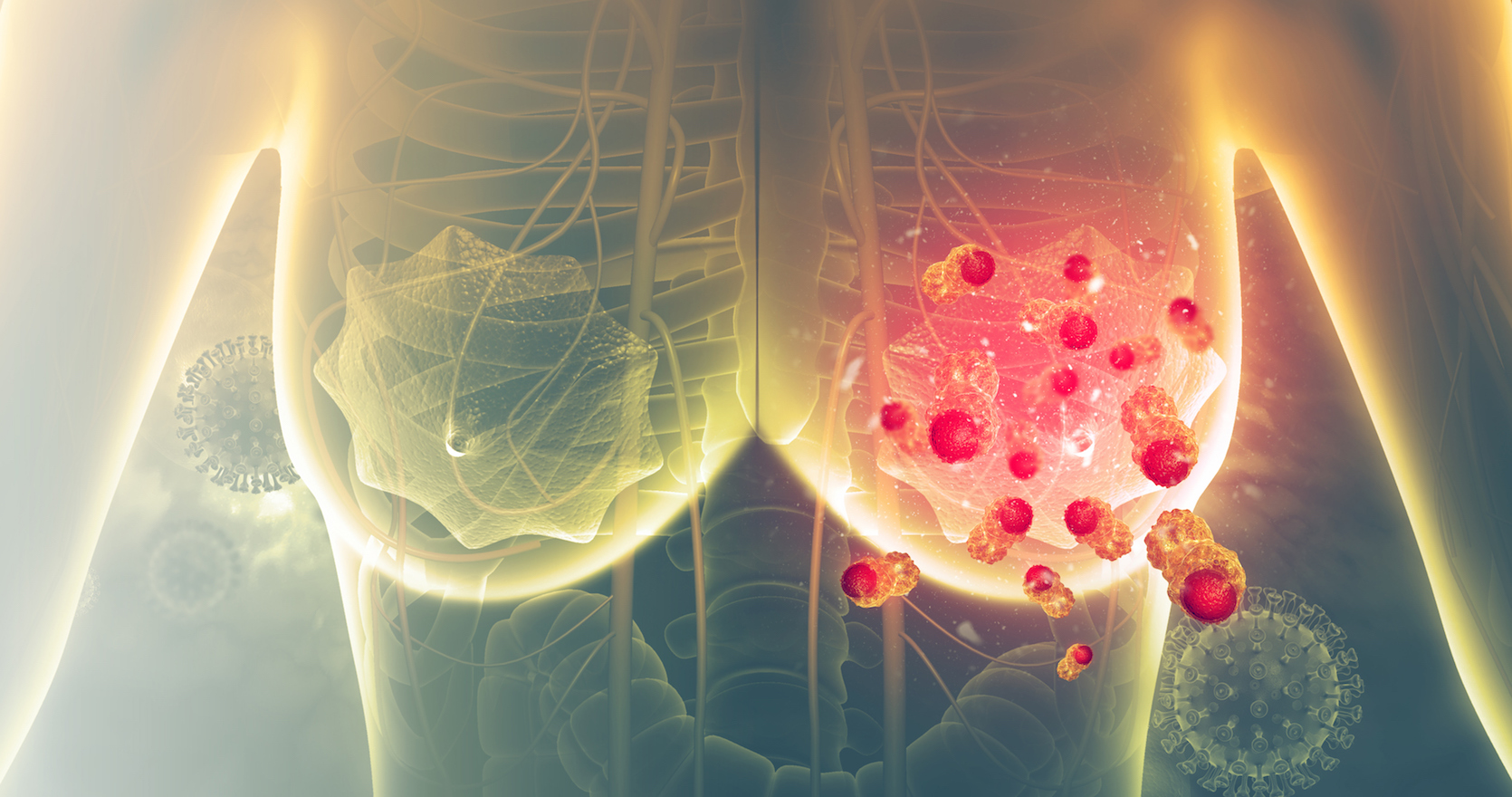Almost one in three patients with (likely) pathogenic variants in high-risk breast cancer genes don’t meet MBS eligibility criteria for screening.
Not meeting MBS eligibility criteria for cancer gene screening doesn’t let you off the hook in terms of cancer risk.
Currently, MBS item number 73296 funds the characterisation of germline genetic variants patients with breast, ovarian, fallopian tube or primary peritoneal cancer whose clinical and family history gives them at least a 10% risk of having a pathogenic (or likely pathogenic) gene associated with one of these four types of cancer.
But in a presentation at the Royal College of Pathologists of Australia’s Pathology Update 2024, held in Adelaide earlier this month, Mrs Essra Bartlett, germline genetics team leader at Genomic Diagnostics in Heidelberg, Victoria, questioned whether the current eligibility criteria for accessing this genetic testing under the MBS was equitable.
While item 73296 was helping to encourage genetic testing in conventional medical practice, the scoring systems used by referring clinicians to determine whether patients met the eligibility criteria for the item, namely the at least 10% chance of having a variant gene, were too heavily influenced by family clinical history, she said.
Patients who didn’t meet this strict family history criteria for funding of the test but were actually carriers of pathogenic gene variants were required to pay $1200 if they wanted to be tested – a fee not everyone could afford, Mrs Bartlett said.
To test this hypothesis, an analysis was undertaken of nearly 6000 breast cancer patients at risk of carrying a pathogenic or likely pathogenic gene variant to see who was eligible for Medicare-rebated gene testing and, subsequently, who had the gene variant.
Forty percent of the cohort did not meet MBS eligibility criteria, but the study showed 7% of these MBS ineligible patients had a pathogenic or likely pathogenic variant in a high-risk gene for breast cancer (e.g., BRCA1, BRCA2, STK11, PTEN or TP53), compared to 10% of the MBS eligible patients.
This means 31% of all patients with a pathogenic or likely pathogenic variant in a high-risk breast cancer gene don’t meet the eligibility criteria for item 73296, confirming Mrs Bartlett’s suspicions the existing criteria are not equitable.
As one would expect, compared to MBS ineligible patients, a greater proportion of pathogenic or likely pathogenic variants were found in MBS eligible patients in BRCA1 (24.8% versus 16.3%) and BRCA2 (27.7% versus 19.2%).
Related
However, a greater proportion of CHEK2 variants were detected in MBS ineligible patients (31.7% versus 16.7%). Mrs Bartlett suggested this could be explained by CHEK2 being a moderate-risk, rather than high-risk, gene for breast cancer, and fewer MBS ineligible patients having a family history of cancer compared to the MBS eligible cohort.
“[The] similar detection rates support expanding testing for MBS ineligible patients,” Mrs Bartlett concluded.
“Broadening eligibility provides insights on prognosis and cancer risk assessment… [and] ensures equitable care and proactive treatment for patients and their families.”





